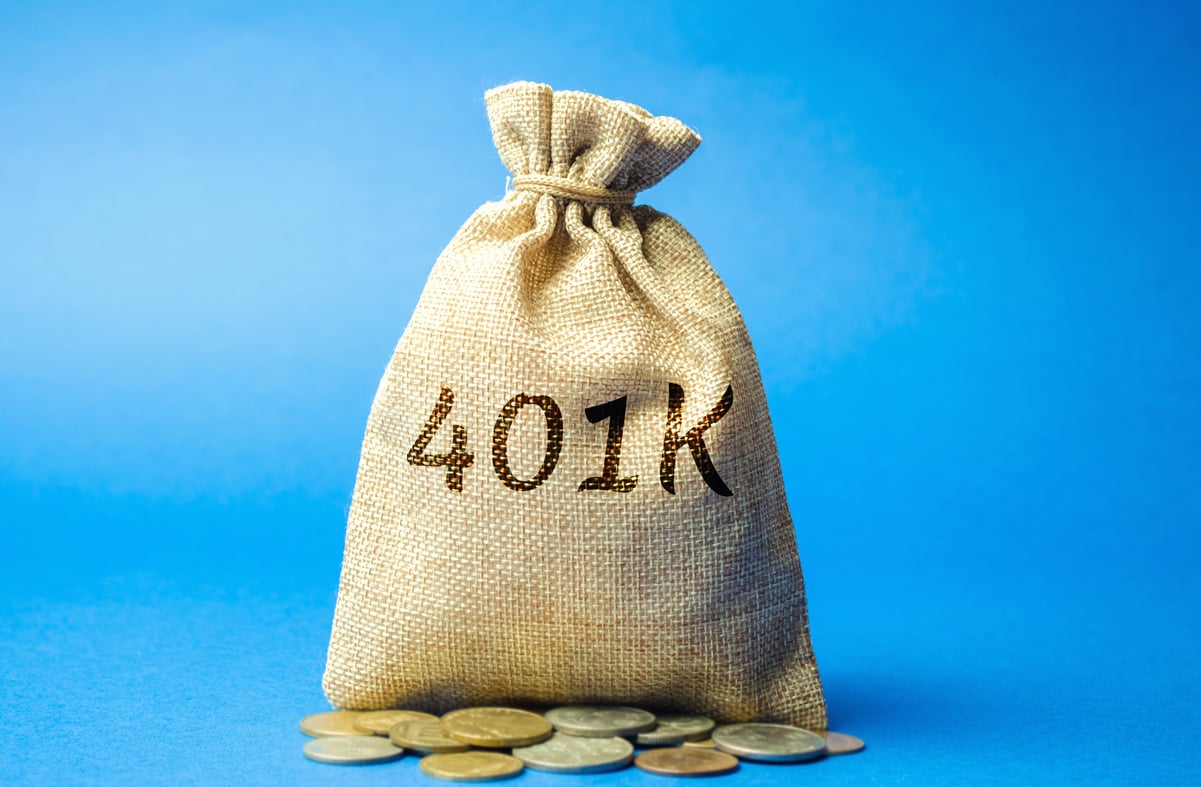Life has a way of springing financial surprises on us when we least expect them. Your car might break down even though you just recently had it serviced. Your home air-conditioning system might go kaput during the hottest month of summer. Or your boss might call you into his office and inform you that you're no longer employed, despite your many years of service.
Financial hiccups like these are certainly unfortunate, but having an emergency fund can help soften the blow. With emergency savings, you'll have cash to access if you encounter an expense your regular paycheck can't cover, which means you won't have to rack up debt in the process.

IMAGE SOURCE: GETTY IMAGES.
How much money should your emergency fund contain? A good rule of thumb is three to six months' worth of essential living expenses. This means that if you spend $3,000 a month, on average, you should aim to have $9,000 to $18,000 in the bank. Most millennials, however, aren't even close to that number, according to new data from online lender Laurel Road.
An estimated 61% of millennials have less than $500 socked away for emergencies. That's far below the minimum threshold needed for true protection. Furthermore, 34% of female millennials don't have emergency savings at all, while the same holds true for 18% of males.
If you're without emergency savings or are glaringly behind, it's time to make that your top priority. Here are a few ways to go about it.
1. Cut expenses in your budget
If you're living a relatively frugal lifestyle to begin with, cutting back on expenses might seem downright impossible. But if you set up a budget, you might see that there is, in fact, a little extra savings you can eke out month after month.
For example, taking one less rideshare a week could put $40 a month back in your pocket. Skipping your Thursday night takeout order and cooking instead could save you $80 a month. Over time, these changes will add up, so it pays to make an effort to make modest tweaks.
Of course, if you're able to cut back on major expenses, even better. Downsizing your living space, for instance, might save you $300 a month, all the while allowing you to keep spending money on the smaller luxuries you've come to enjoy.
2. Get a second job
When you have a full-time job, spending your evenings and weekends working might seem like a drag. But if you're willing to take on a second gig, you might make tremendous strides in building your emergency fund.
That said, don't just resign yourself to something tedious you're apt to dread, like stocking shelves at the supermarket or working late-night shifts at a call center. Instead, find something you enjoy doing and turn it into a moneymaker.
For example, if you're great at graphic design, find small businesses whose websites need jazzing up. If you like animals, sign up to pet sit or dog walk. There are plenty of opportunities out there to make extra cash, and the more time you're willing to put in, the sooner you'll pad your cash reserves.
3. Bank your windfalls
Many of us get our hands on money during the year that doesn't come in paycheck form. For you, that could be a bonus at work, a tax refund, or a birthday gift from a relative. And if your emergency fund is in poor shape, the best thing to do with that cash is to stick it directly into savings. Doing so might help you complete your emergency fund sooner so that you can cut down on your side hustle or slowly but surely start integrating those luxuries you gave up back into your life.
No one is immune to emergencies, and if you don't have money set aside to pay for them, your finances could quickly take a turn for the disastrous. Saving for emergencies is no easy feat, but the peace of mind that comes with doing it is pretty much priceless.





